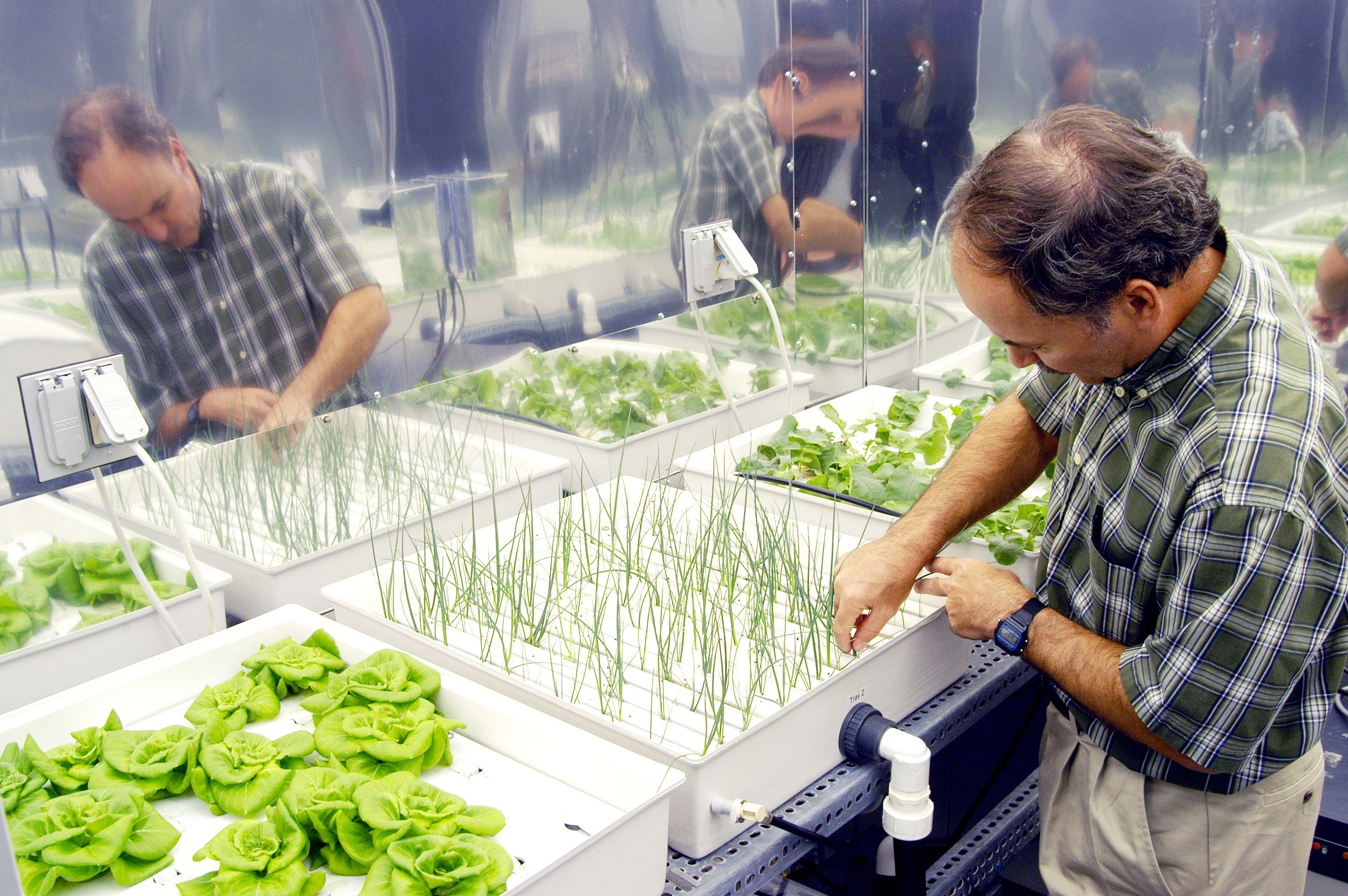Growing indoor cannabis 101
- Introduction to Cannabis Cultivation
- Understanding Hydroponics
- Seed Germination and Cloning
- Water Quality Management
- Optimizing Growth Environments
- Pest and Disease Management
- Harvesting and Curing
- Safety and Security Issues
- Business and Marketing Strategies
- Ethics and Responsibility
- Practical Applications & Case Studies
- Review and Self-Evaluation
- Final Project & Peer Review
Water Quality Management
Understanding Water Chemistry in Hydroponics

Agricultural technics for growing plants without soil using nutrients in water.
Water is the lifeblood of hydroponic systems. It serves as the medium through which nutrients are delivered to the plants, and its quality can significantly impact the health and productivity of your cannabis crop. This unit provides an in-depth understanding of water chemistry and its role in hydroponic cannabis cultivation.
Importance of Water in Hydroponics
In hydroponic systems, soil is replaced by water as the primary medium for nutrient delivery. This means that the quality of the water used in your system can directly affect the health and yield of your plants. Water quality can influence nutrient availability, root health, and the overall growth rate of your cannabis plants.
Basic Water Chemistry: Understanding Elements, Compounds, and Mixtures
Water is a compound made up of two hydrogen atoms and one oxygen atom (H2O). It can dissolve many different substances, creating a mixture that can carry nutrients to your plants. The quality of this mixture, or nutrient solution, is determined by the presence and concentration of various elements and compounds.
Role of Water in Plant Nutrition and Growth
Water plays several crucial roles in plant nutrition and growth. It serves as a solvent, dissolving the essential nutrients plants need to grow and transporting them to different parts of the plant. It also plays a key role in photosynthesis, the process by which plants convert light energy into chemical energy for growth.
In addition, water helps to regulate the temperature of plants and maintains their turgor pressure, which keeps plants upright and prevents wilting. The quality of the water used in your hydroponic system can therefore significantly impact the health and productivity of your cannabis plants.
Understanding Hard and Soft Water
Water hardness refers to the concentration of certain minerals in the water, particularly calcium and magnesium. Hard water contains high levels of these minerals, while soft water contains low levels.
In hydroponics, both hard and soft water can present challenges. Hard water can lead to nutrient imbalances and blockages in your system, while soft water may require supplementation with additional calcium and magnesium.
Understanding the hardness of your water and how to manage it is therefore crucial for successful hydroponic cannabis cultivation.
In conclusion, understanding water chemistry is a fundamental aspect of hydroponic cannabis cultivation. By ensuring the quality of your water and nutrient solution, you can create an optimal environment for your cannabis plants to thrive.